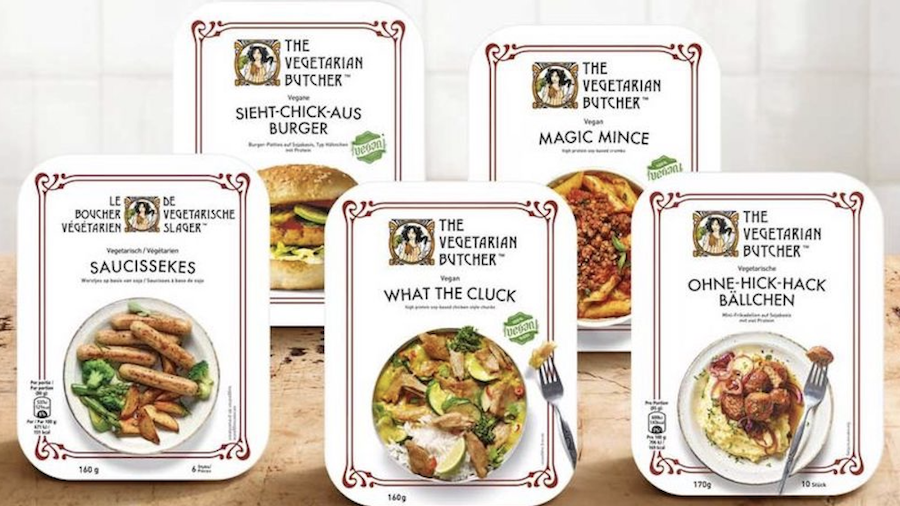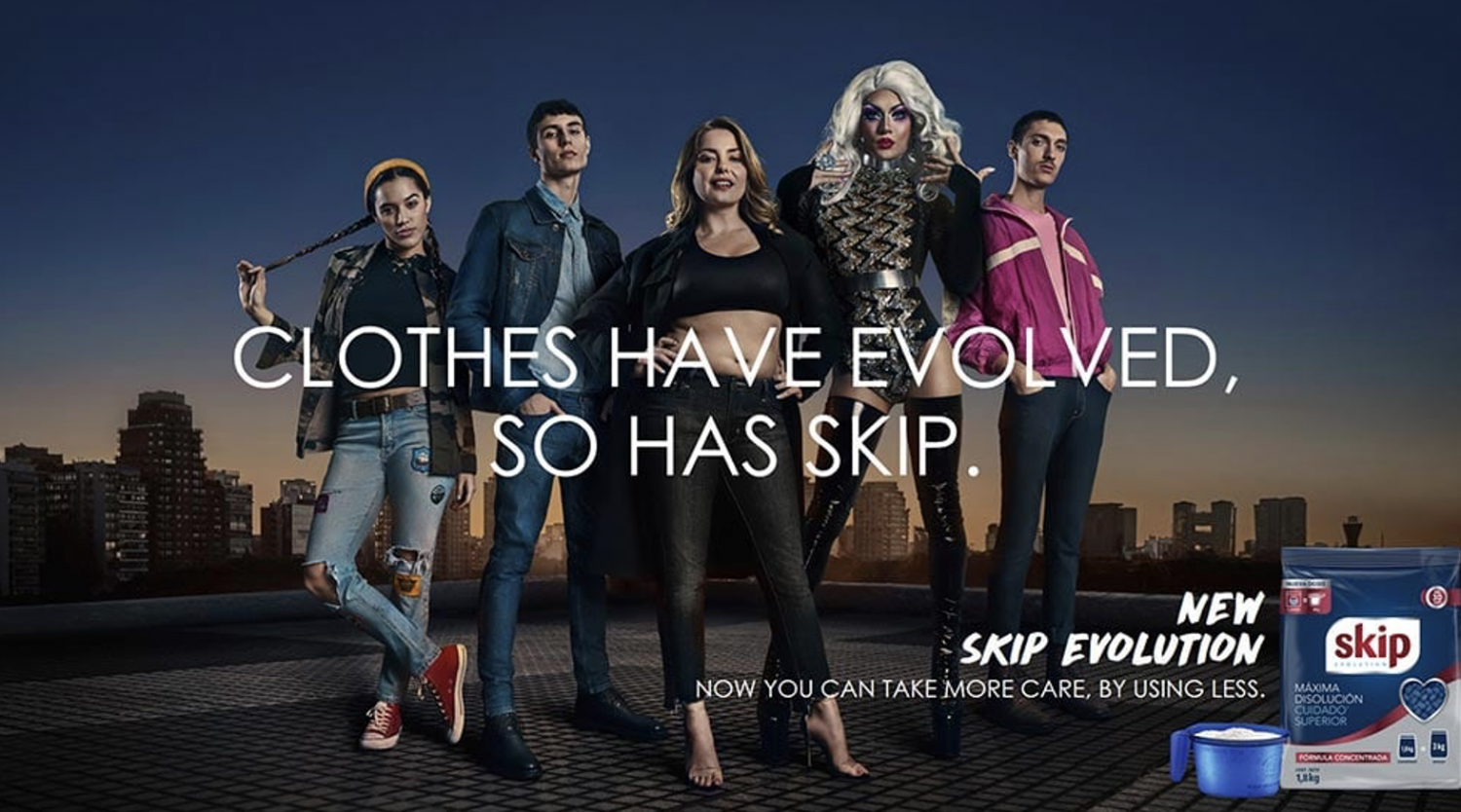So far, it’s only 28 out of 400 brands though...
‘That's why it is a journey. We are very strict with our definition of purposeful brands; the brand should not only say something that matters to people and planet, it actually needs to take action. It is the brand-SAY and the brand-DO that counts. And it only holds true if you do more good, and not just less harm. And it pays off; these 28 grow twice as fast as the rest of our brands. It even costs less, due to green energy, less waste in our factories, and a more efficient changeover of lines. And it’s a huge magnet for talent. Younger people want to work for businesses that do good in the world. In the 54 of 74 markets that we measure this in, we are the number one employer of choice. In the end, even more so than the brands, it's our people that make our company. Furthermore, our practices reduce risk because they guarantee the sustainability of agriculture. So, the business case is sound – more growth, less costs, less risks, and better talent – and all stakeholders, including the shareholders, are on board.’
As for cost savings on operational costs, it probably involves a lot of investment up front.
‘Yes, but we don't do this alone. Many businesses are helping us by being on the same journey. For instance, sustainable palm oil industry and the shipping industry. As for logistics, we don't need to invent the electric car, but we use it. So you need to work hand-in-hand with your partners throughout the entire value chain. The biggest thing I've learned is to create ambitious targets. It works in business, it is working for ED&I*, and it's going to work for sustainability as well. But first you must put your own house in order.’



